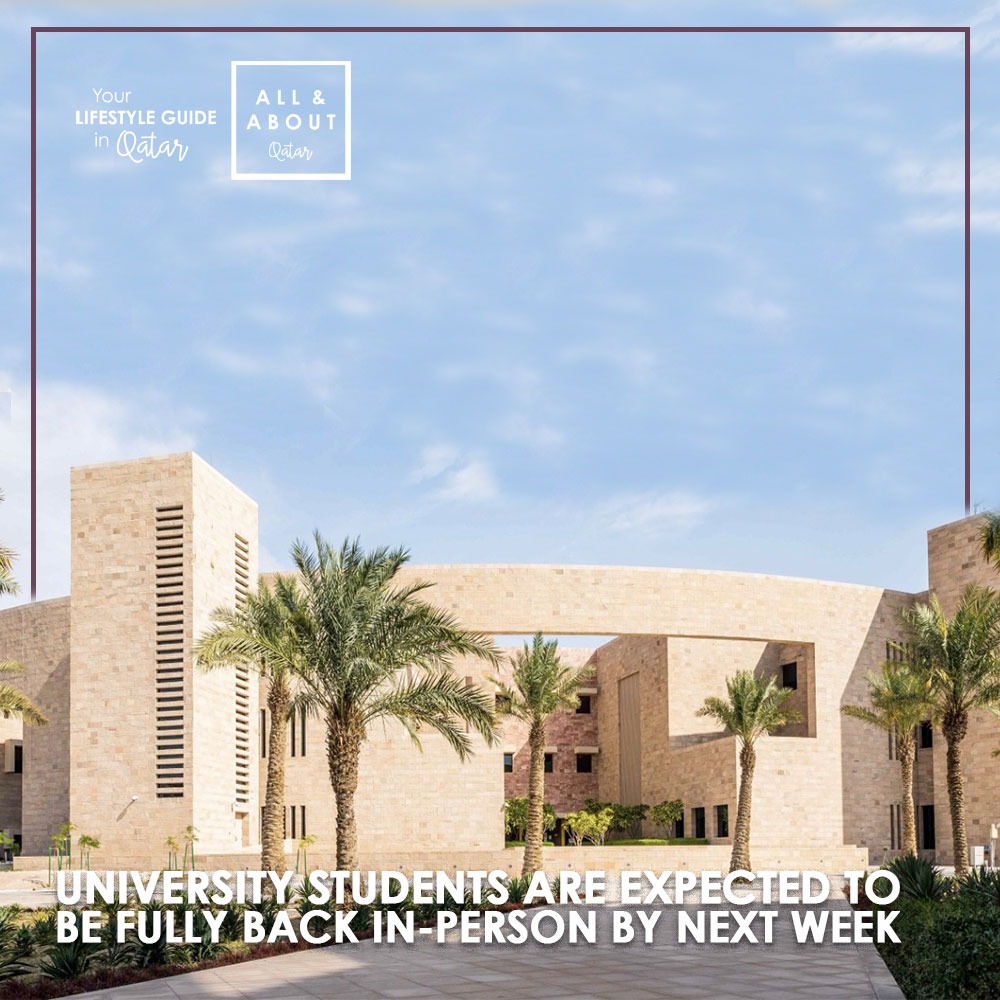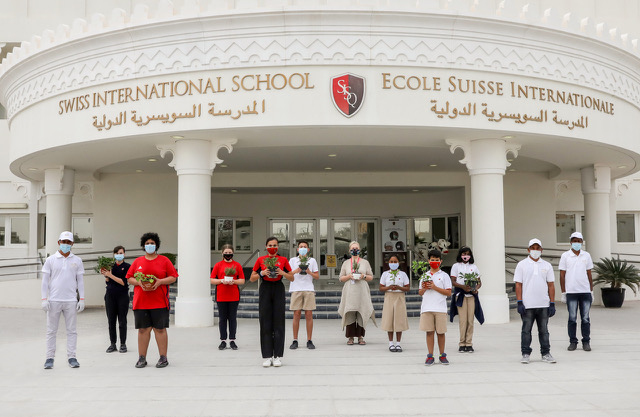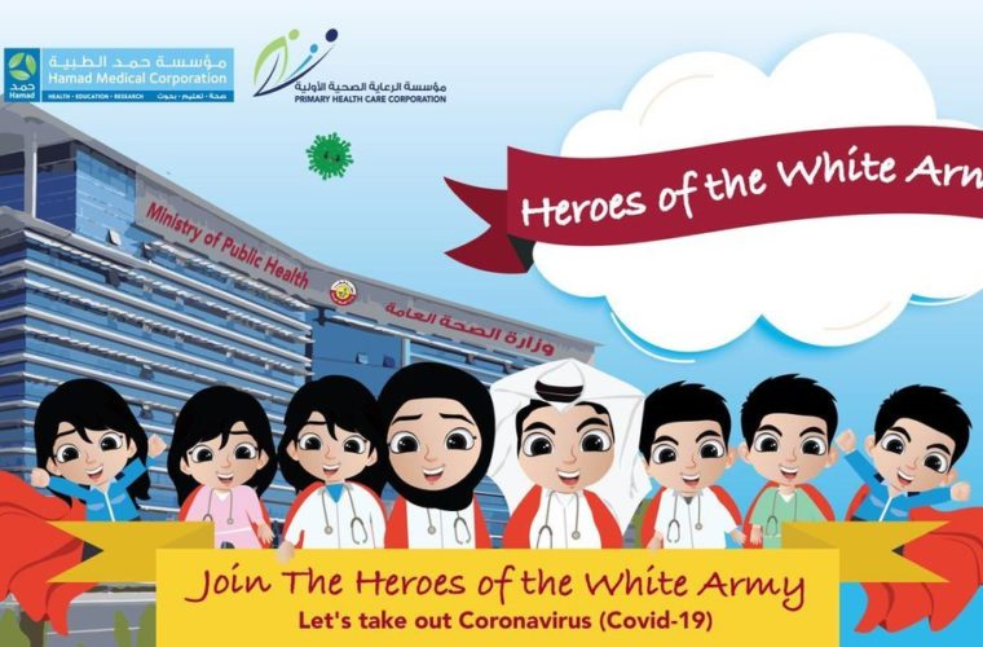Partners attended UN High Level Political Forum to issue joint statement to call for renewed commitment towards universal education
Doha, Qatar (July 13, 2019) – Education Above All foundation (EAA), Mission of Qatar, Permanent Missions of Argentina, State of Qatar, Singapore and Uruguay, UNESCO and Qatar Fund for Development attended the annual High-Level Political Forum (HLPF) for Sustainable Development from 9-18 July at UNHQ in New York, issuing a joint statement calling for the global community to renew its commitments to provide all children and youth with the universal right to education.
The joint statement, which was delivered at the co-hosted July 10 HLPF side event, ‘Protecting Youth and the Right to Education to ‘leave no one behind’: SDGs 4, 8, 10, 16 and 17’, called for accelerated efforts to build an alliance amongst States, international organizations and NGOs to protect and prioritize the right to education for all children. The call is not only for the achievement of Sustainable Development Goal (SDG) 4, but also for the entire 2030 Agenda.

“We come to this Forum with a message of utmost urgency: leadership, political will and financing are required to get SDG4 back on track,” said Stefania Giannini, UNESCO Assistant Director-General for Education. “Protecting youth and the right to education is a broad and comprehensive concept. It’s about protecting schools from attacks, but it’s also about preventing violence, extremism and working with content, teachers and socio-emotional aptitude to learning. UNESCO and Education Above All are cooperating a lot on this topic, which is crucial all over the world. Education is transformational across the 2030 Agenda on condition that we invest in policies that leave no one behind. This is the focus of our longstanding and strategic partnership with Education Above All, and of the “Education Transforms Lives” exhibition, which opened at UN Headquarters this week.”
“Education is placed at the forefront of QFFD’s strategy. This is stemming from our belief that inclusive education is a powerful tool for addressing the impact of conflict on children and youth and for supporting countries to build more stable and peaceful societies,” added Ali Abdulla Al-Dabbagh, QFFD’s Deputy Director General for Planning. “This is also clearly epitomized in our vision to promote peace and justice through sustainable and inclusive development. Education serves as an engine for economic growth, poverty eradication, gender equality and conflict prevention.”

Mubarak Al-Thani, Head of Global Advocacy at EAA, said, “Despite long term efforts and dedication, the global community has fallen short on meeting its commitments and out of school children are often discounted as the hardest to reach–in many ways they have become invisible. At EAA, we believe education is the single most effective means of reducing poverty, generating economic growth and creating peaceful, just societies. With only ten years remaining to secure the fundamental right to education in insecurity and conflict at the global level, the Forum is a call for an international collective commitment to meet the 2030 SDG agenda.”
This year, EAA has also partnered with UNESCO and the Group of Friends for Education and Lifelong Learning, Permanent Mission of Qatar to the United Nations, and EAA’s strategic partner Qatar Fund for Development to present an interactive exhibition on the transformative power of education across the world.
UNESCO has been one of EAA’s strategic and implementing partners working together to transform the lives of 330,000 out-of-school children in 11 countries. To date, joint projects between the two have enrolled nearly 100,000 children in formal and informal primary education. EAA has supported UNESCO’s initiative Declaration on Strengthening Education for Out of School Children and Youth across the ASEAN member states to strengthen education for out of school children (OOSC) and youth. In 2017, EAA was honoured to be nominated by UNESCO to chair the SDG-Education 2030 Steering Committee.
The 2030 Agenda for Sustainable Development, adopted by all United Nations Member States in 2015, provides a shared blueprint for peace and prosperity for all people and the planet, now and into the future. At its heart are the 17 Sustainable Development Goals, which are an urgent call for action by all countries – developed and developing – in a global partnership. They recognize that ending poverty and other deprivations must coincide with strategies that improve health and education, reduce inequality and spur economic growth – all while tackling climate change.
More on Education






Leave A Comment
You must be logged in to post a comment.